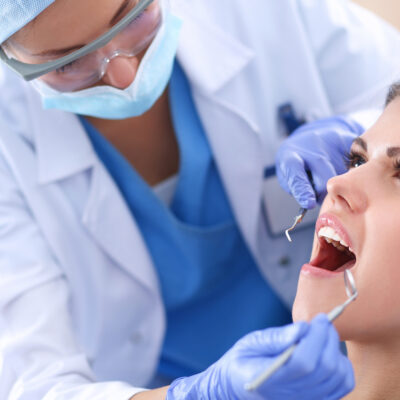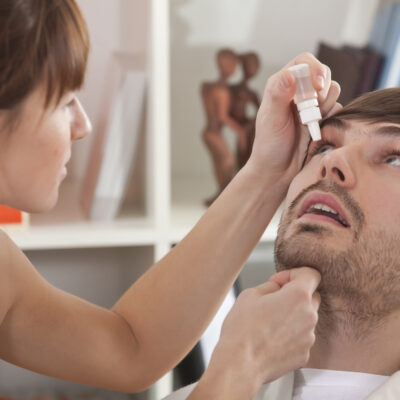
Effects and risks of testosterone replacement therapy
Testosterone, well known as the male sex hormone, is responsible for a lot of characteristics of the male human body. The growth and functioning of the male reproductive organs, the testicles and their prostate, their larger bone and muscle strength and all the body hair are controlled by this natural hormone. Managing the libido or sex drive, the distribution of fat in the body, and even certain functions of the brain, this hormone is also produced in women, but it is in smaller proportions. Testosterone provides a general sense of well being in both men and women.
Effects of low testosterone levels
As testosterone plays numerous important roles in the body, its deficiency causes health problems. Listed here are a few examples of the results of testosterone reducing to levels much below the optimum level needed by the body to function properly.
- Disturbances in the brain, leading to an inability to focus on, and learn or memorize things
- Disorientation
- Depression
- Mood swings and anxiety
- Osteoporosis and weakened muscle mass
- Fatigue
- Obesity
- Decreased sex drive and erectile dysfunction
- The possibility of frail health and onset of diseases like prostate cancer, coronary heart disease, diabetes, and Alzheimer’s increases enormously when the amount of testosterone decreases in men.
Testosterone replacement therapy
It is a treatment method used for remedying some of these medical conditions. There are both positive effects and risks involved in opting for the testosterone replacement therapy (TRT). The favorable effects of testosterone replacement therapy:
- Fat deposits decrease and muscle mass increases.
- Strengthens bones and prevent osteoporosis.
- Maintains optimum blood sugar levels and prevents diabetes
- Treats hypogonadism and increases the production of testosterone in men who suffer from low testosterone production due to other medical conditions as well.
- Boosts the mood, keeping irritability at bay.
- Improves energy levels and sex drive.
- Increases not just the life expectancy, but the quality of life as well, especially in men.
Risks of testosterone replacement therapy
- Triggers the formation of blood clots in the veins and the possibility of a stroke or pulmonary embolism.
- Worsens the presence of acne and other such skin rashes.
- While muscle mass increases in some men, there is no visible increase in real physical strength.
- Side effects like sleep apnea and breast enlargement are relatively common.
- To maintain the ideal testosterone levels, the therapy must be continued lifelong. On the other hand, its negative impact on long-term use has not been clearly researched yet.
Stimulates cancer or benign non-cancerous growth in the prostate gland.
Administered in the form of creams, transdermal patches, injections, or tablets, testosterone replacement is now quite popular and an uncomplicated medical treatment. The beneficial effects of replacement therapy are used to counter the effects of an unnatural reduction of the testosterone levels in the body due to chronic diseases and/or medications. This certainly tips the scales in its favor when compared to the risks it involves. It is important to first ask advice from the doctor about the need for this therapy and then take the necessary physical and diagnostic tests to measure the testosterone levels.


